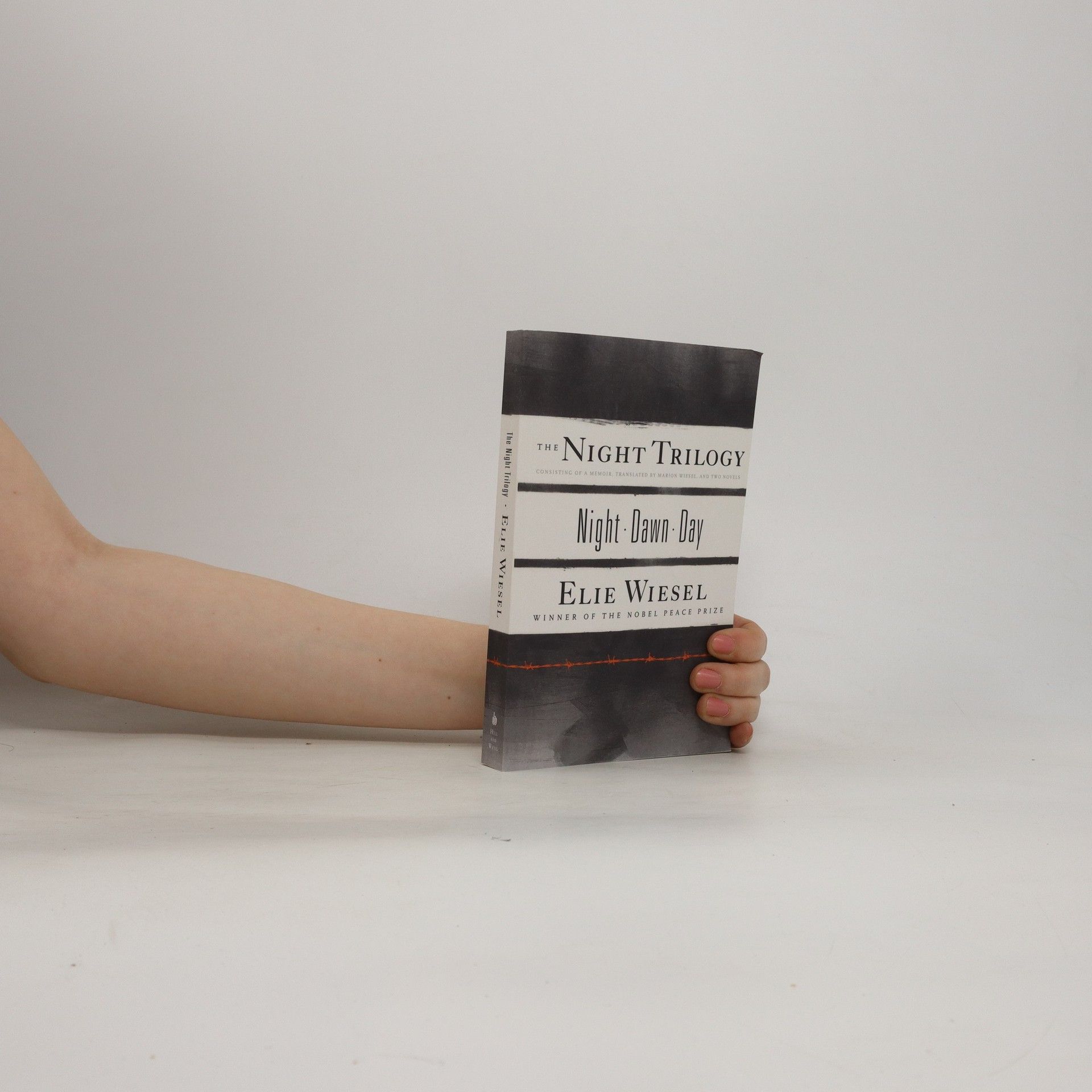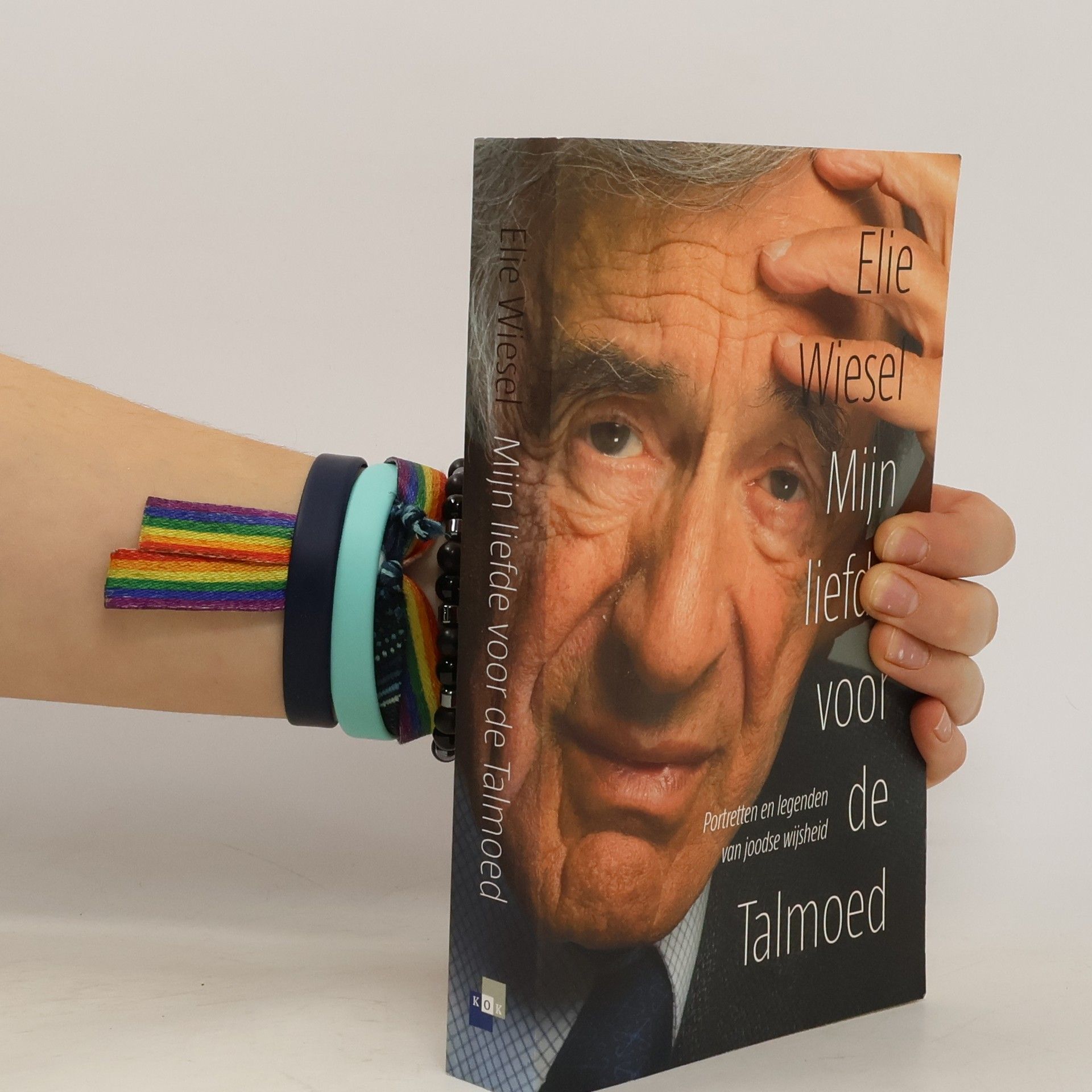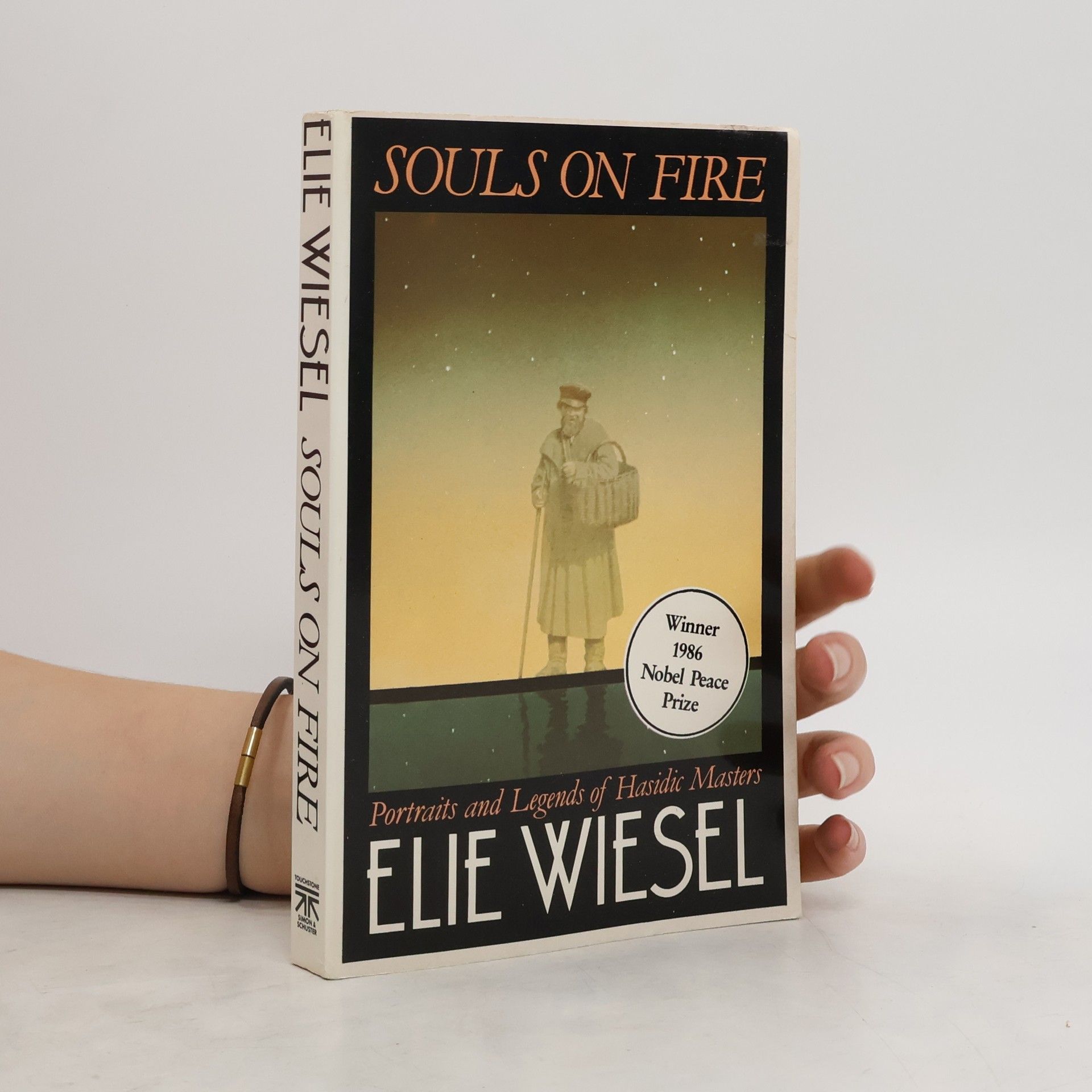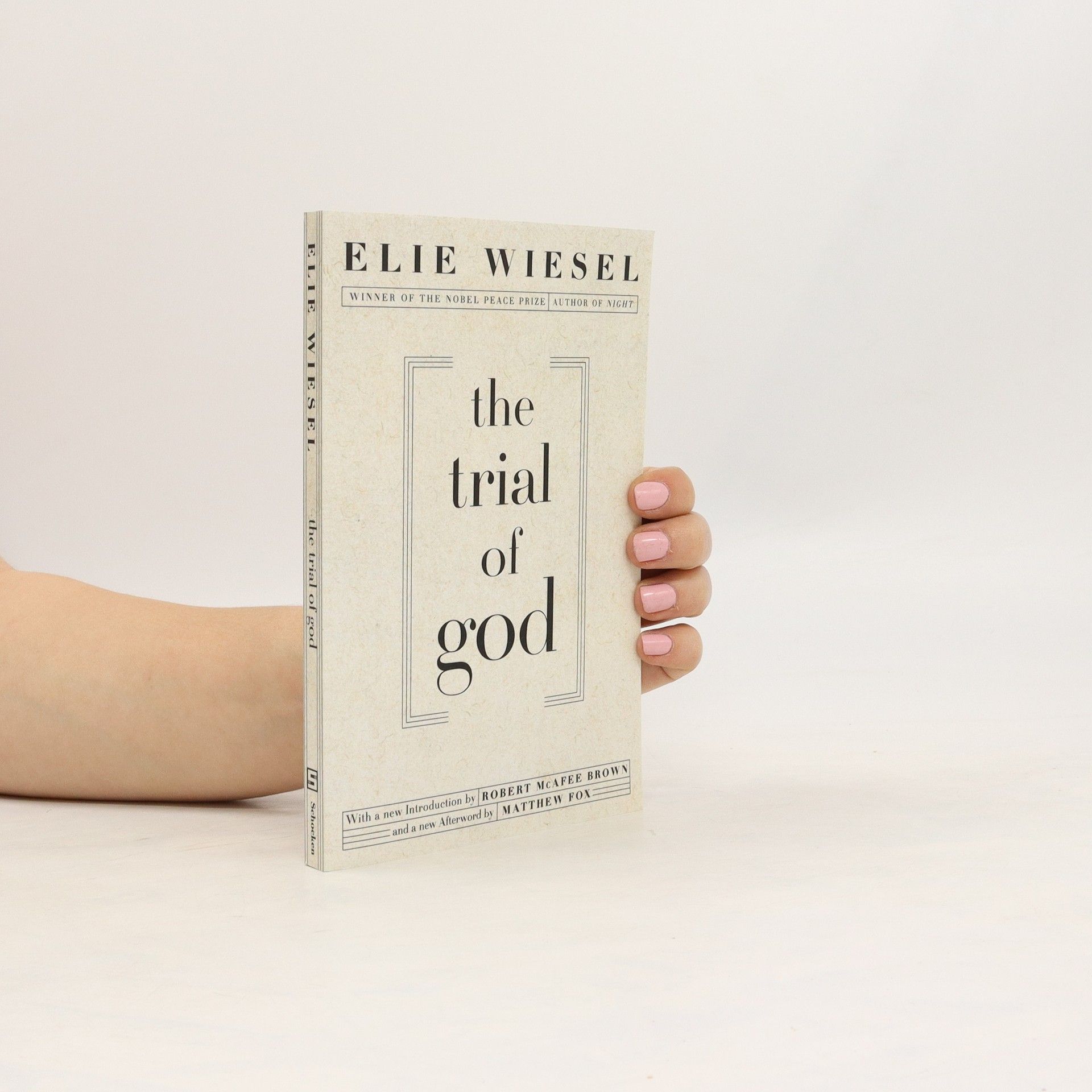Nacht
- 144bladzijden
- 6 uur lezen
Elie Wiesel werd als kind naar de nazi-vernietigingskampen Auschwitz en Buchenwald gezonden. Nacht is het openhartige en diep ontroerende verslag van de verschrikkingen die zich daar hebben afgespeeld. Een joodse jongen vertelt hoe hij er ongewild getuige van was hoe zijn moeder en zusje direct na aankomst in het kamp naar de gaskamer werden gestuurd, en hoe zijn vader van uitputting stierf na de gedwongen mars naar Buchenwald. Nacht is een hartstochtelijk pleidooi om nooit te vergeten tot welke onmenselijkheid de mens in staat is. Op een indringende en krachtige manier brengt Elie Wiesel het kwaad in zijn meest extreme vorm opnieuw tot leven.








